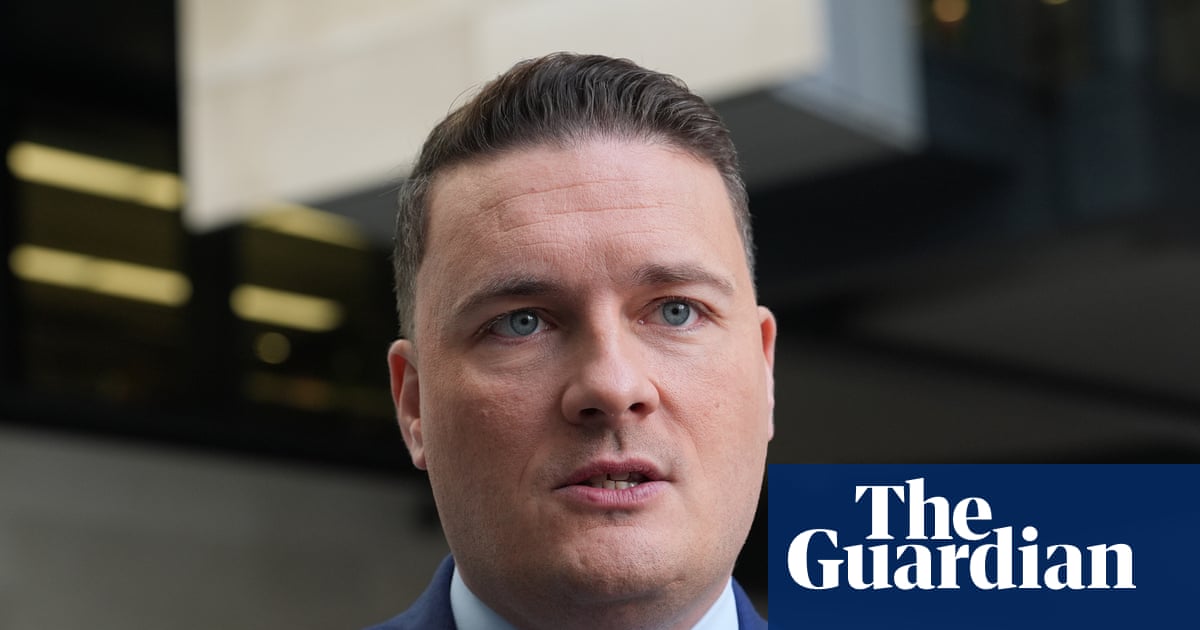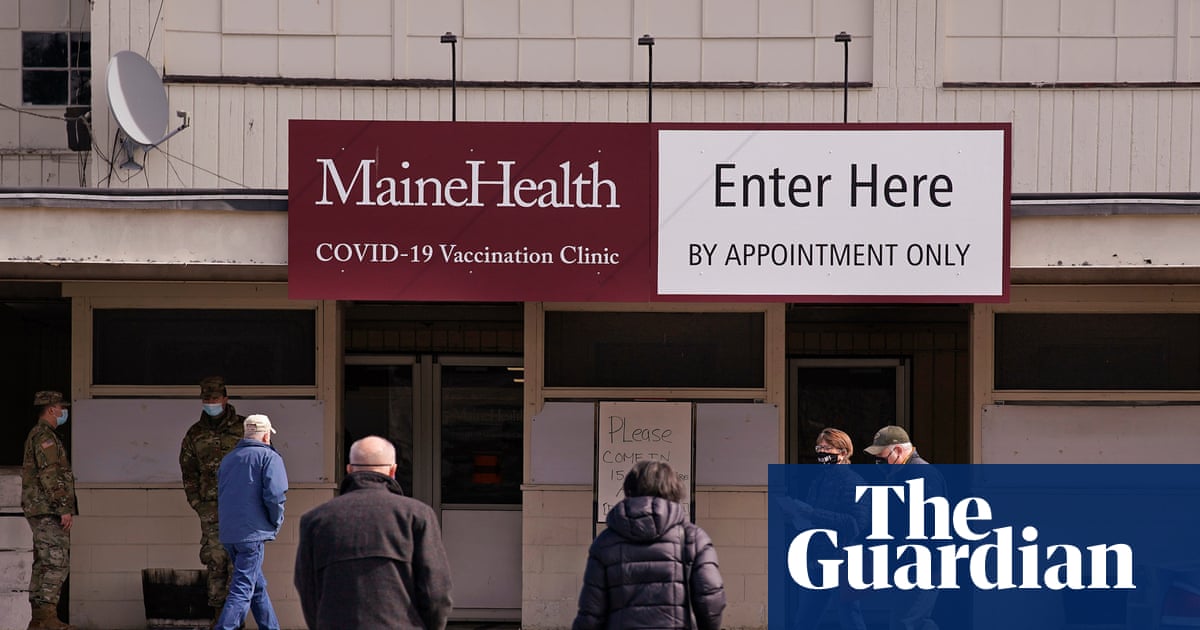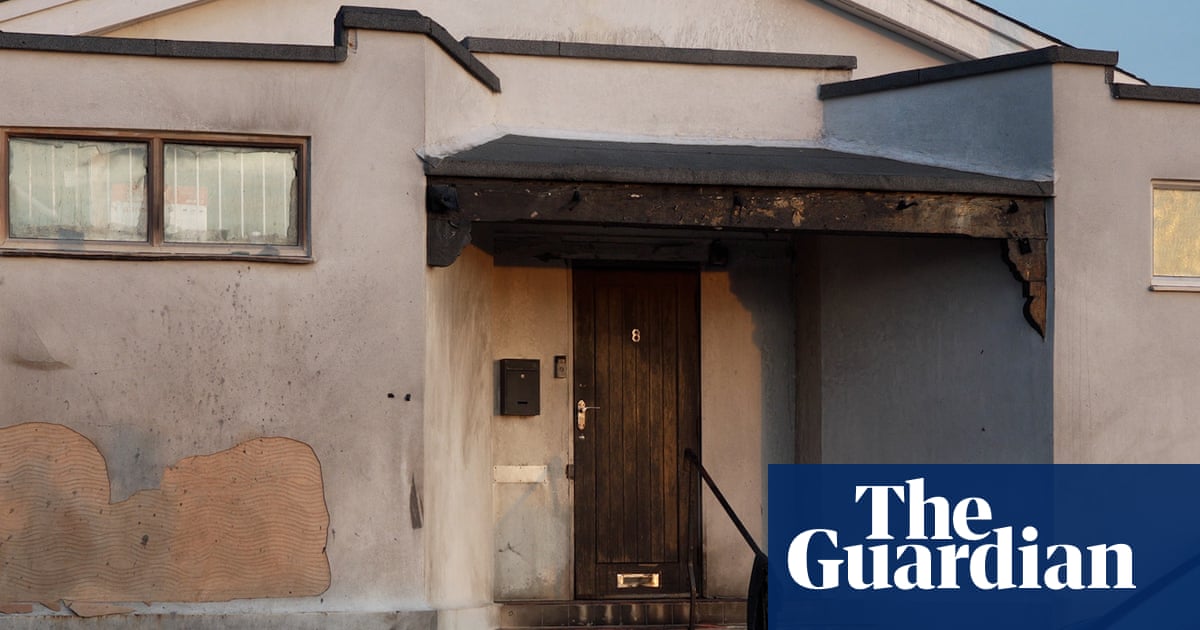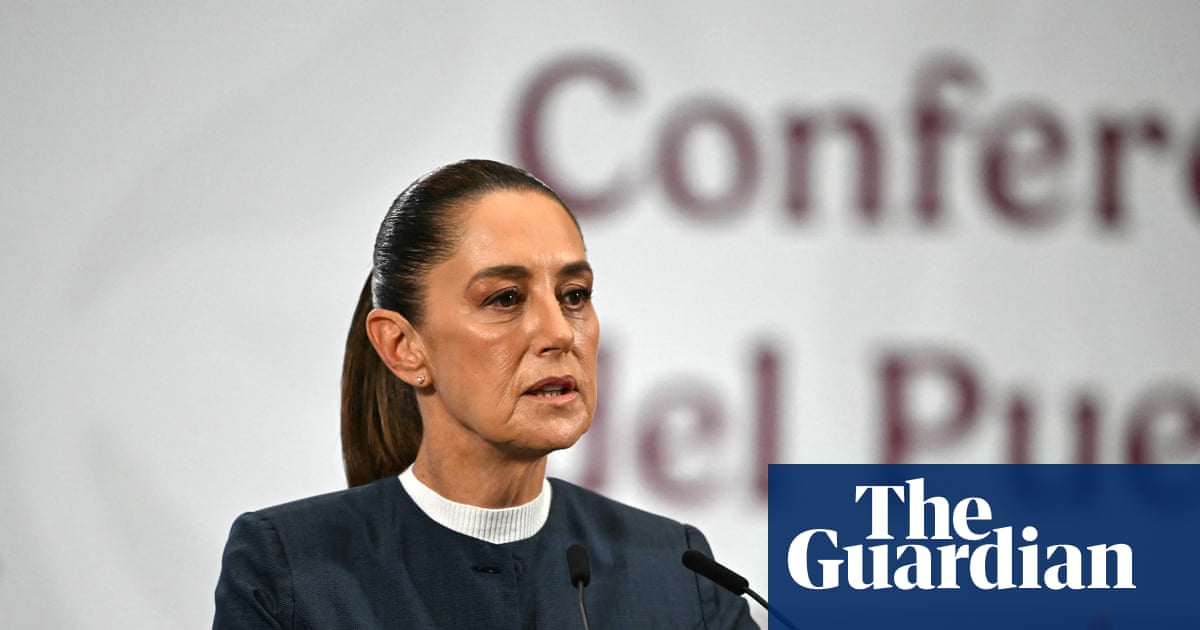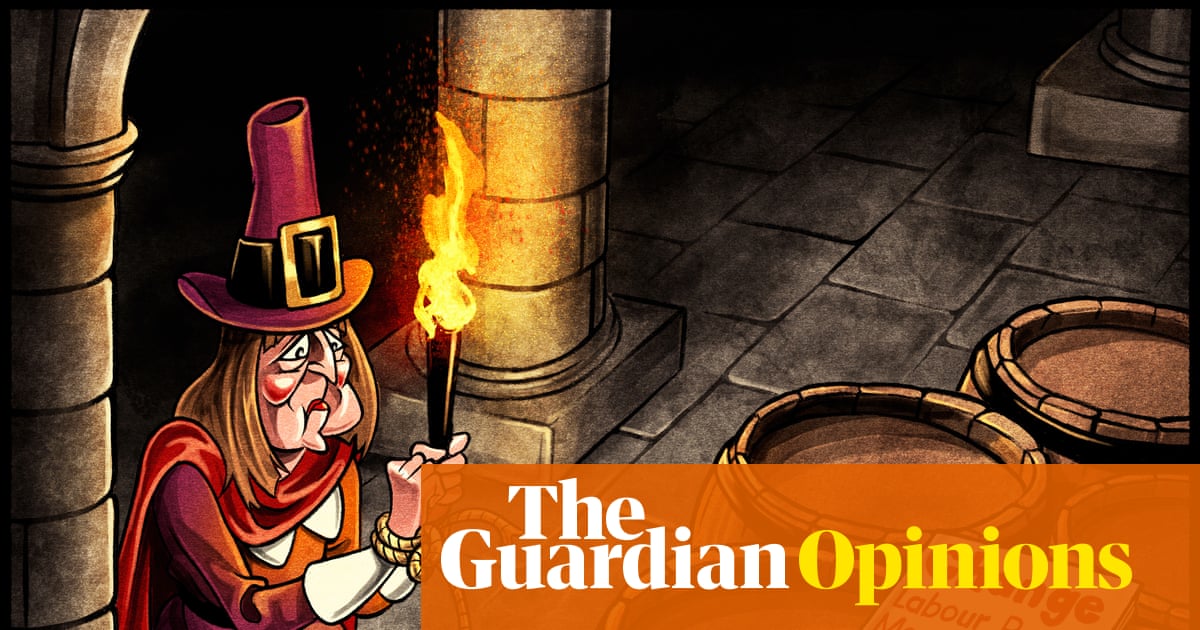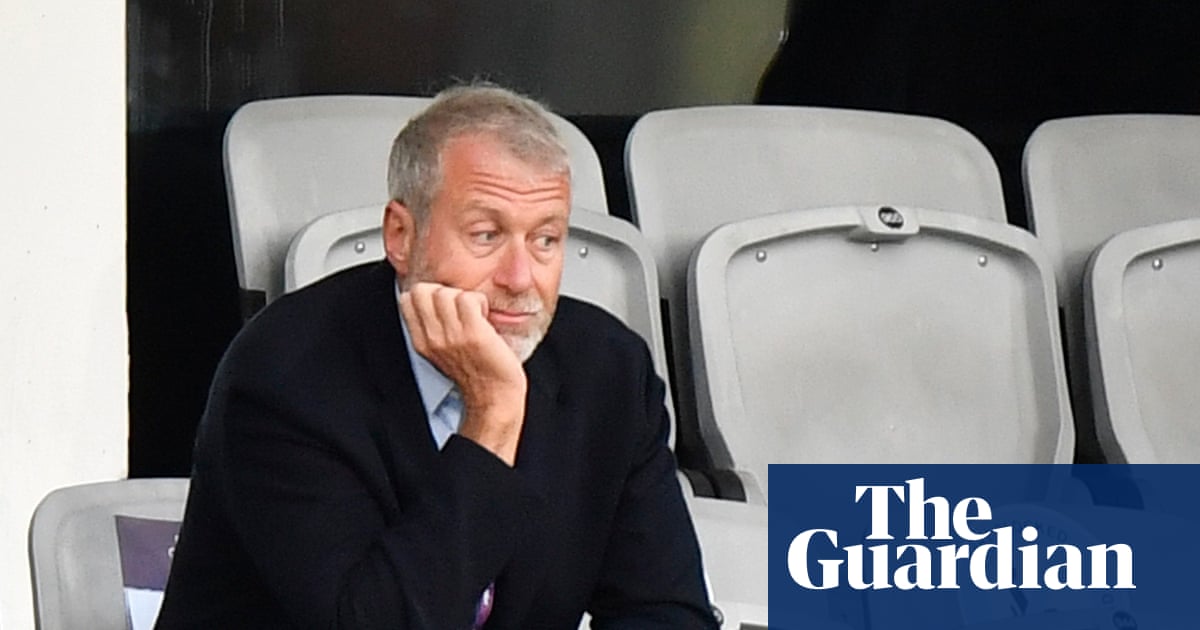The British Medical Association has defended resident doctors’ pay claim ahead of talks with the health secretary, saying they did not work through the Covid pandemic only to end up with a real-terms pay cut.
Wes Streeting is due to meet BMA representatives this week as he looks to avert five days of strikes in England due to start on 25 July. Doctors voted to take the action in pursuit of a 29% pay rise which the BMA has said is needed to replace what they have lost over years of cuts.
“We are still down compared to even the pandemic in 2020,” Dr Emma Runswick, a resident doctor in Greater Manchester and deputy chair of the BMA council, told BBC Radio 4’s Today programme on Monday.
She said doctors’ “reward” for working to get the country through Covid was a “real-terms pay cut” – suggesting this was not the treatment they had expected during the days when people lined their streets to clap for health workers.
Runswick was asked why the BMA had chosen to base its pay claim on the retail prices index (RPI) – a measure of inflation the Office for National Statistics no longer considers official – rather than the consumer price inflation (CPI), which is official and tends to be lower.
She told the programme the government still used RPI “when it suits them” – including for calculating how much people’s train fares, car-related taxes and the rates paid on debts such as student loans increase by each year. Therefore, she suggested, it was fair to take into account the effects of those on resident doctors, formerly known as junior doctors, when determining their pay claim.
Speaking to the Guardian last week, the BMA’s new chair, Tom Dolphin, said the union would not negotiate on the figure, which simply restored doctors’ losses since 2008 rather than increasing their pay.
He blamed the five-day strike on Streeting agreeing to a 22% pay rise over two years last year, but not following it up with an award this year to take account of the 29% claim.
“Our expectation was that the [22%] would be the start of a journey that would keep us going until we’d reached the value we had in 2008. So, clearly, the return of value has stopped and now it’s just marching on the spot. And we need to carry on that journey. It [29%] is reasonable because it’s based on the loss of value that we’ve had. The number is this big because [previous] governments serially ignored the BMA when we said this is building up a problem.”
Asked if unions such as the BMA and Royal College of Nursing would be handed whatever pay rises they wanted, the chief secretary to the Treasury, Darren Jones, said: “No, because – of course – public sector pay has to be affordable in the context of the broader economy. That’s why we need to make sure that we have a strong and resilient economy that is growing in order to have the tax receipts to pay for our public services. Public sector workers know that.”
When Labour entered government, Jones said, the Conservative administration “weren’t even talking to public sector workers”. He added: “We’ve reset that relationship. We’ve honoured pay review body recommendations, which are an independent process in line with our affordability guidelines. And we have to be clear with the pay review bodies and public sector workers what is and isn’t affordable, which is what we’ve done.”

 3 months ago
73
3 months ago
73
